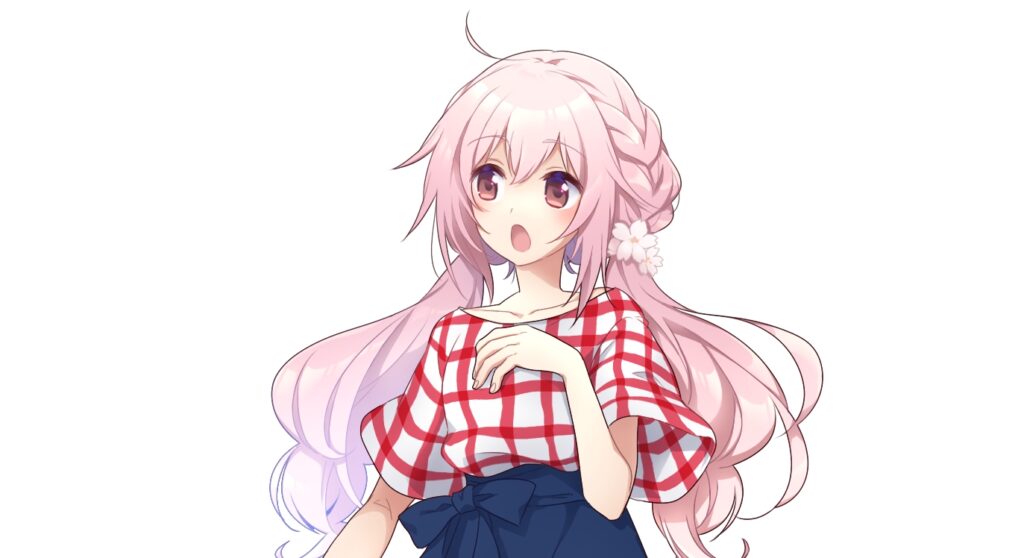
Ever noticed how anime characters say goodbye in so many different ways? It’s not just a simple ‘sayonara’! From casual ‘bye-bye’ to emotionally charged farewells, the Japanese language offers a rich tapestry of parting phrases. This post dives into the fascinating world of ‘sayonara’ as used by your favorite anime characters. We’ll explore various situations and the perfect Japanese phrase to match, helping you understand the nuances and even add some anime flair to your own goodbyes!
Various Japanese phrases for “goodbye”
ばいばーい(Baibai)
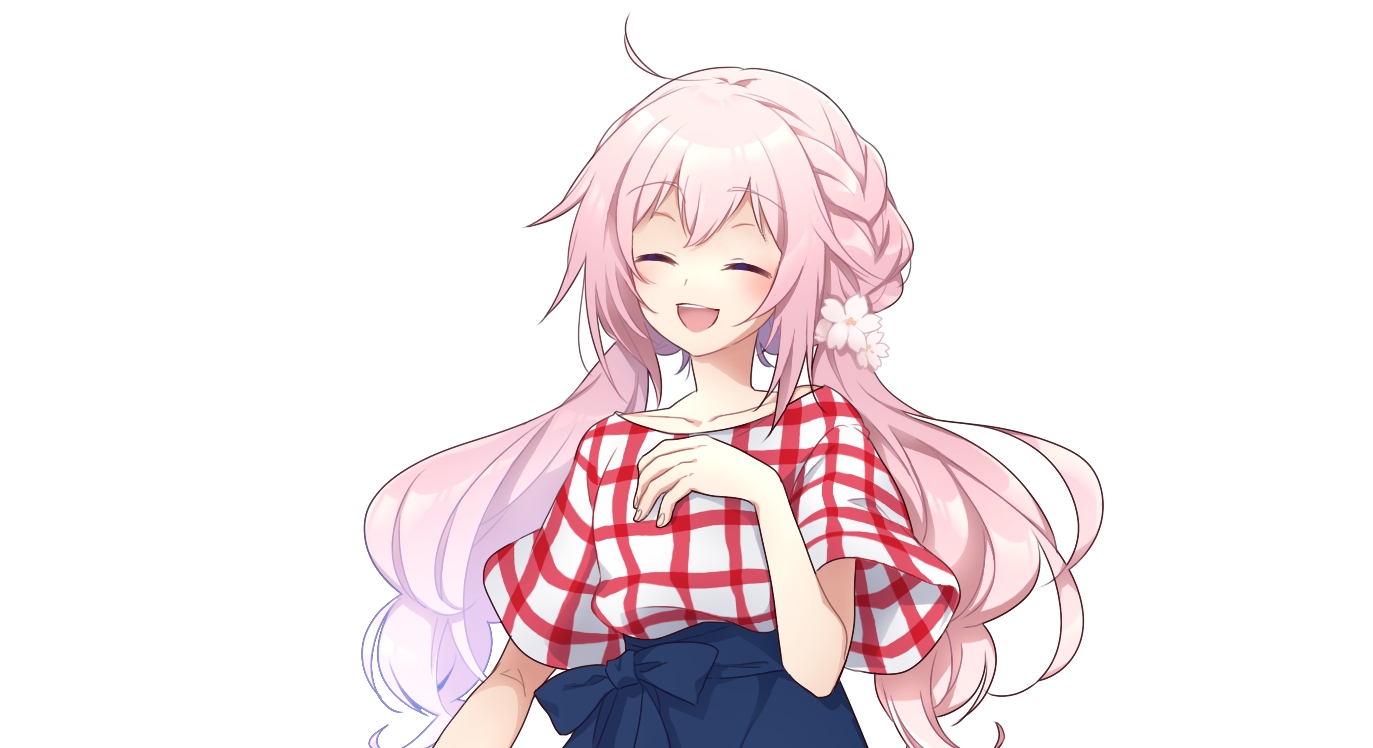
Explanation: Just like the English “Bye-bye.” It’s a casual way to say goodbye to friends or people you’re close to. In Japan, younger women and children tend to use it more often.
またね!ばいばーい(Matane ! Baibai)
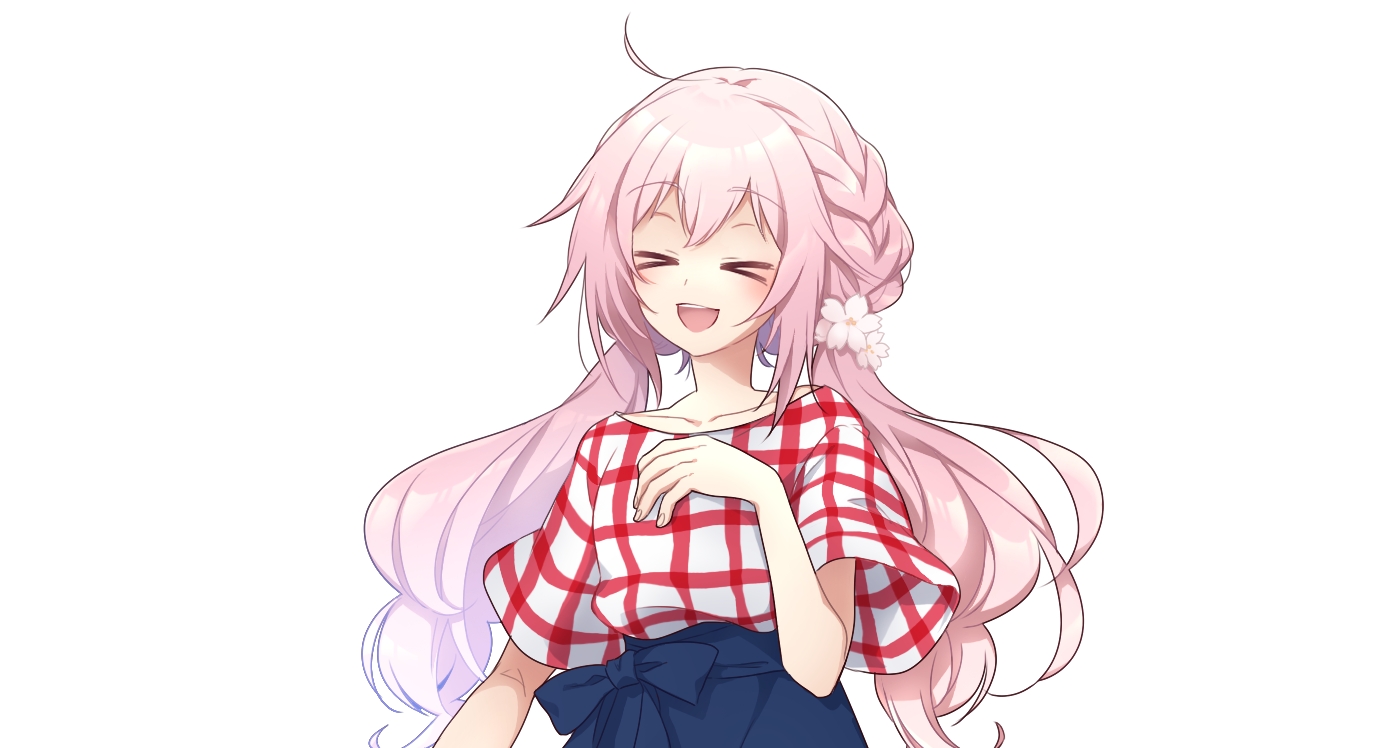
Explanation: Means “See you later! Bye-bye!” You’d use this when you expect to see the person again soon or when you’re sure you’ll meet up in the future. Like “Bye-bye,” it’s casual, but “またね!” (mata ne!) emphasizes the anticipation of meeting again.
さよーなら!(Sayonara !)
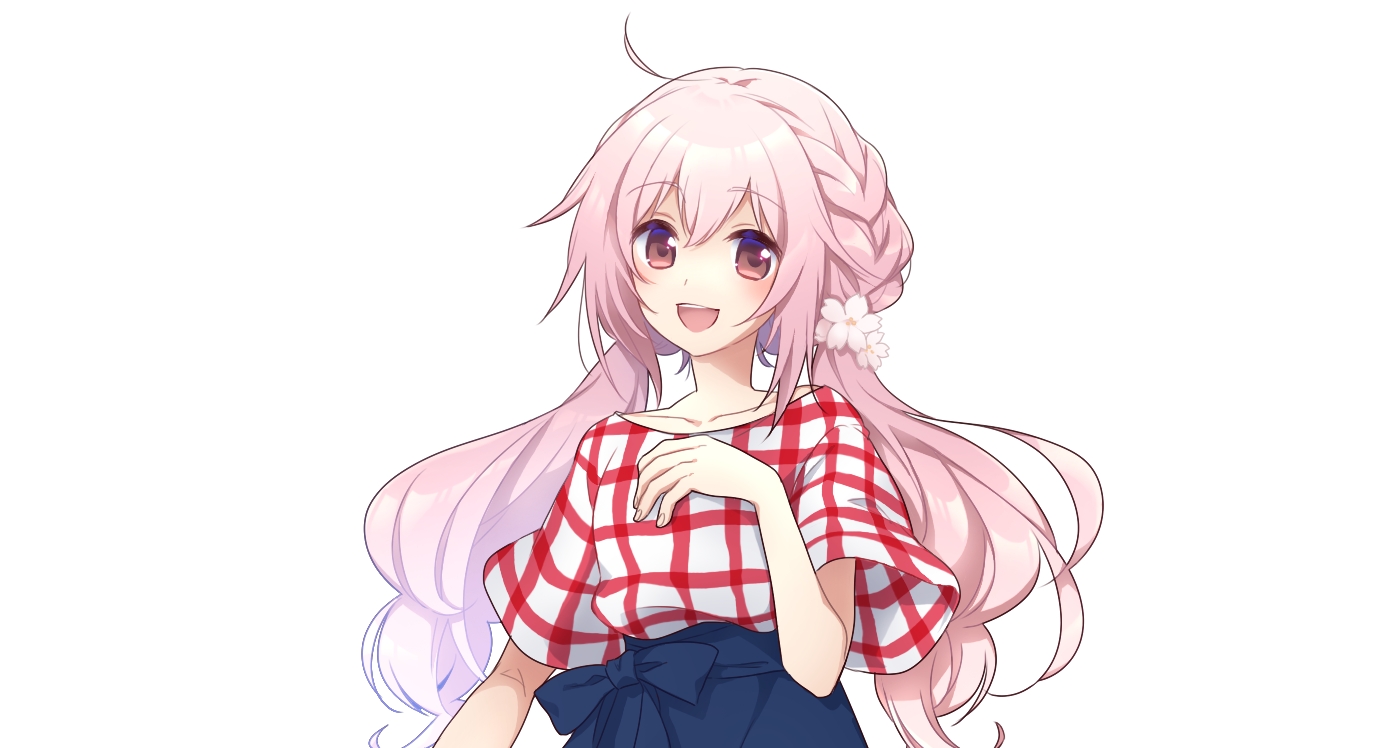
Explanation: A more casual and drawn-out version of “さようなら” (sayounara). You can use it with friends or people you know well. It often has a slightly cheerful or quick tone, and it’s not as formal as the standard “さようなら.”
さようなら!またお会いしましょう(Sayo Nara ! Mata Oai Shi Masho U)
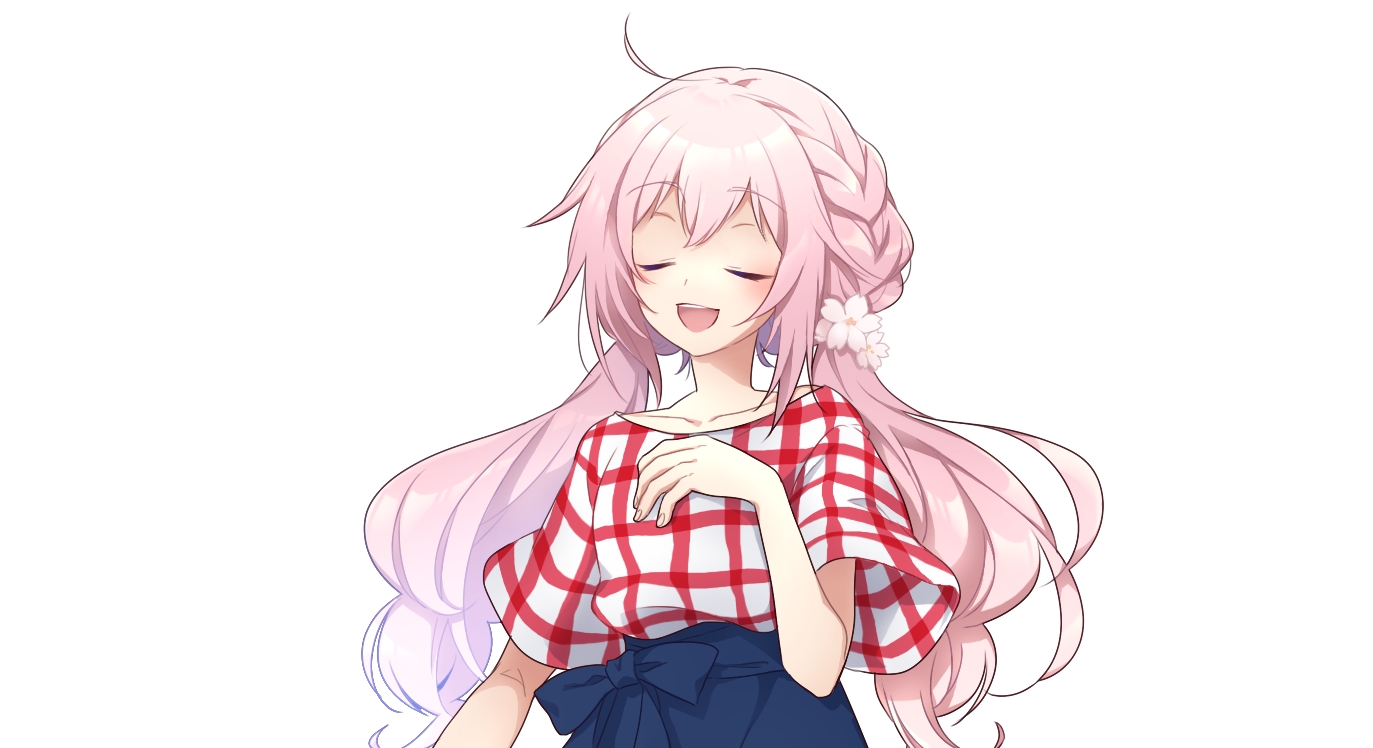
Explanation: A fairly formal way to say goodbye. It means “Goodbye! Let’s meet again.” You’d use this in professional settings, with people you’re not very close to, or with superiors. It politely expresses the hope of meeting again in the future.
お疲れさま―!(Otsukaresama ― !)
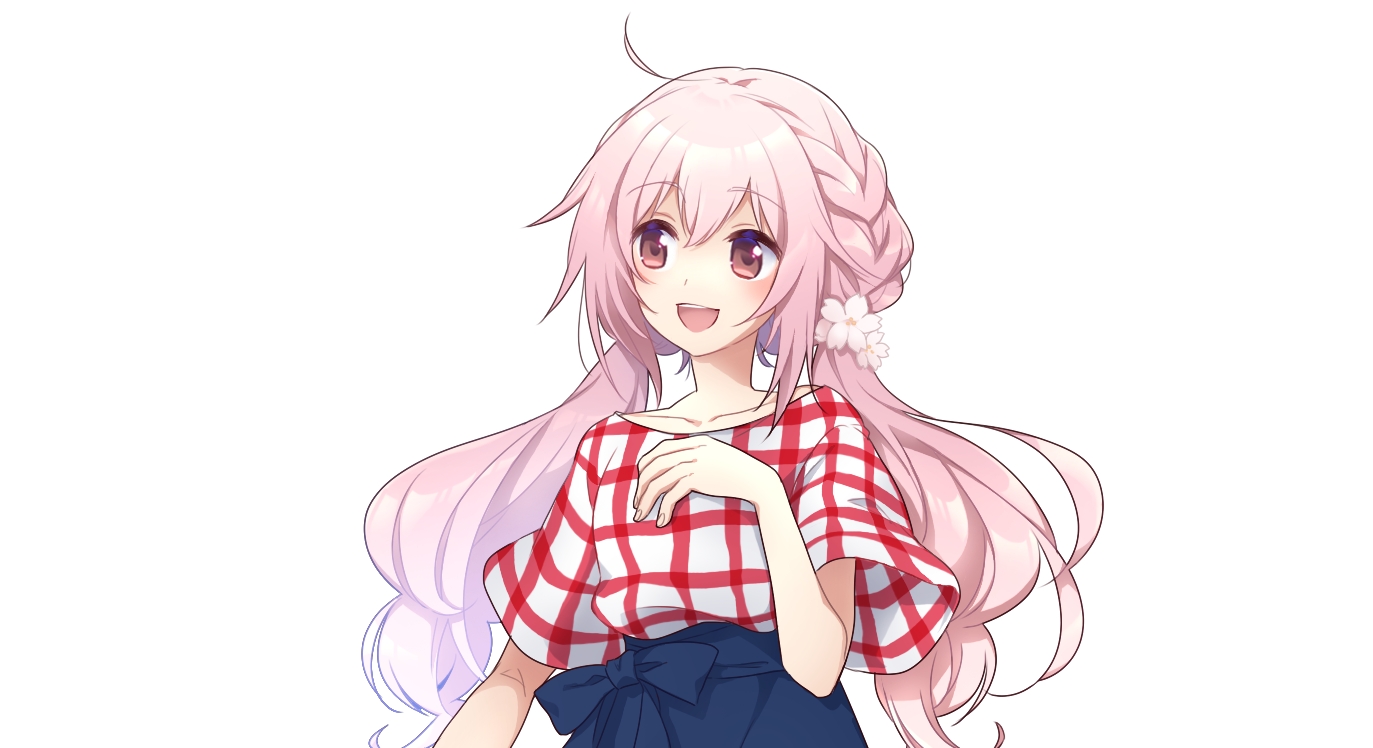
Explanation: Literally means “You’re tired!” or “You must be tired!” It’s used as a way to say goodbye to someone who has finished working hard or has completed a tiring task, expressing appreciation for their efforts or sympathy for their fatigue. The drawn-out “ー!” often adds a cheerful or empathetic tone.
お疲れさま。大変だったね。(Otsukaresama 。 Taihen Da Ta Ne)
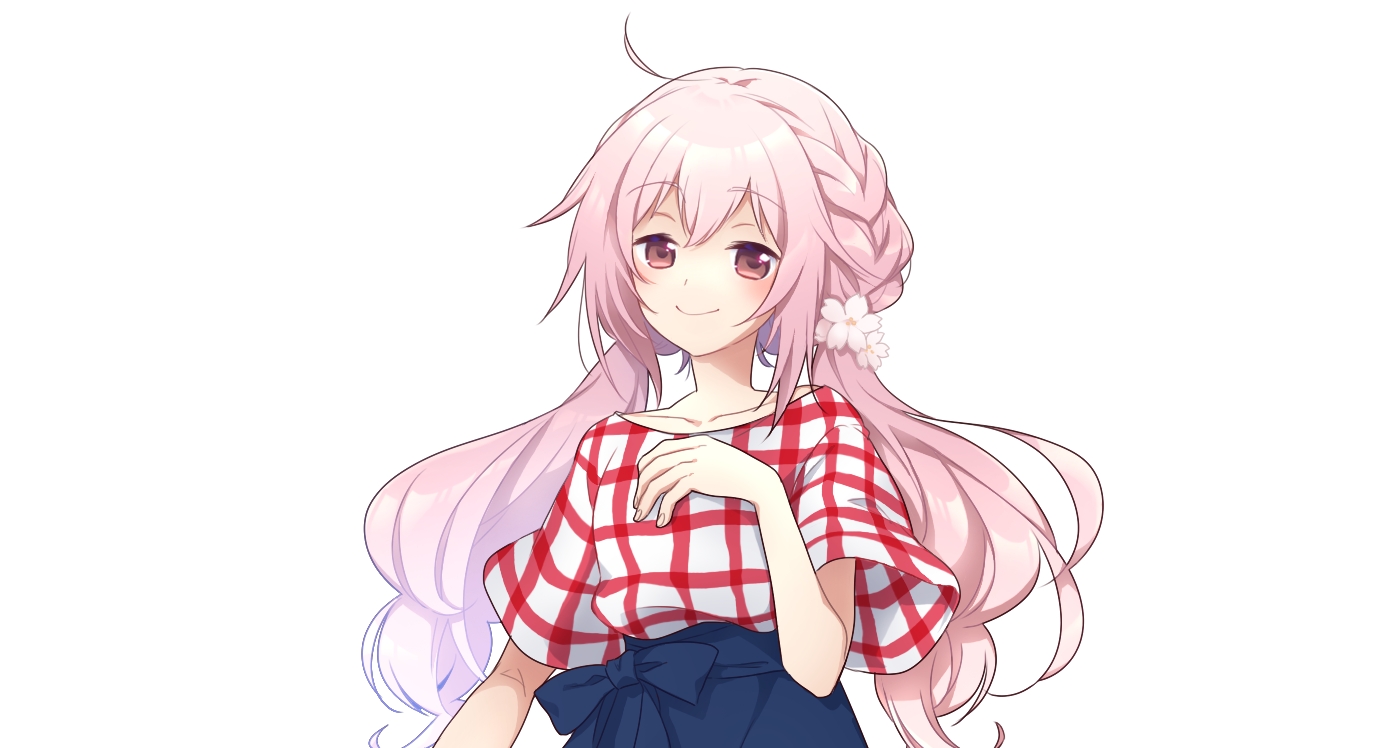
Explanation: Means “You’re tired. It must have been tough.” This is used to say goodbye to someone while acknowledging their hard work and expressing sympathy for how difficult it might have been. It shows that you’ve noticed their effort and care about their well-being.
お疲れさまでした!(Otsukaresama Deshi Ta !)
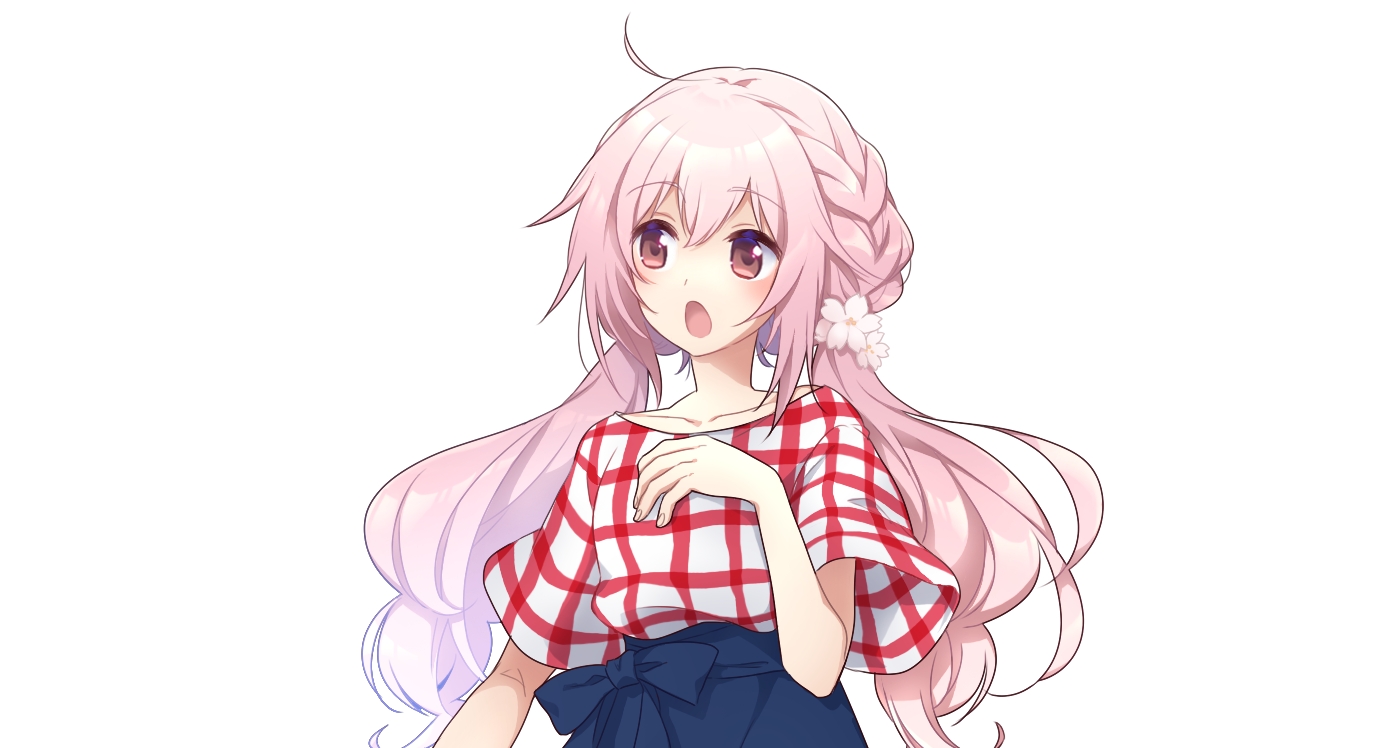
Explanation: A more polite and formal version of “お疲れさま” (otsukaresama). It translates to “You all must be tired!” or “Thank you for your hard work.” It’s used in the workplace at the end of the workday or when a task or project is completed, to respectfully say goodbye to everyone.
お先にー!(Osakini !)
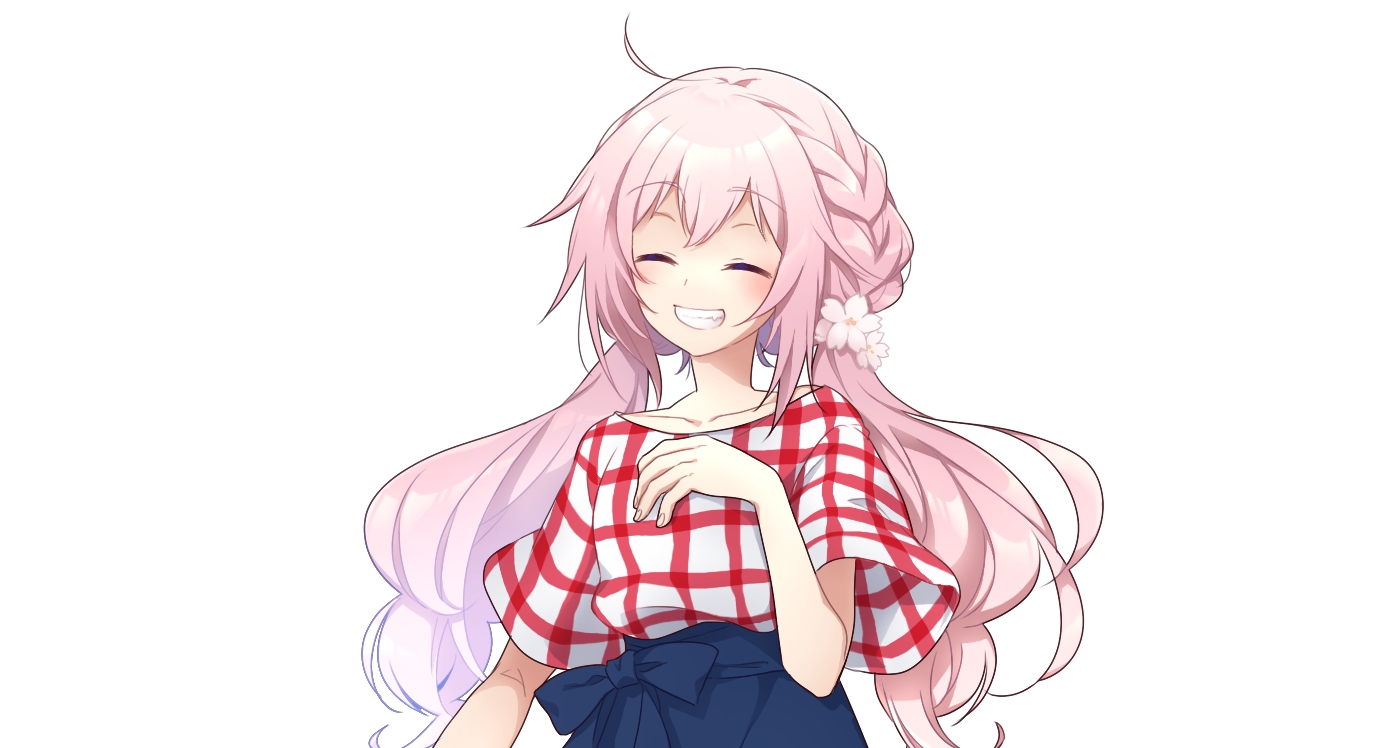
Explanation: Means “I’m going ahead!” or “See you later (I’m leaving first)!” It’s a casual way to say goodbye to colleagues or people in a group when you’re leaving before them.
お世話になりました(Osewa Ni Nari Mashi Ta)
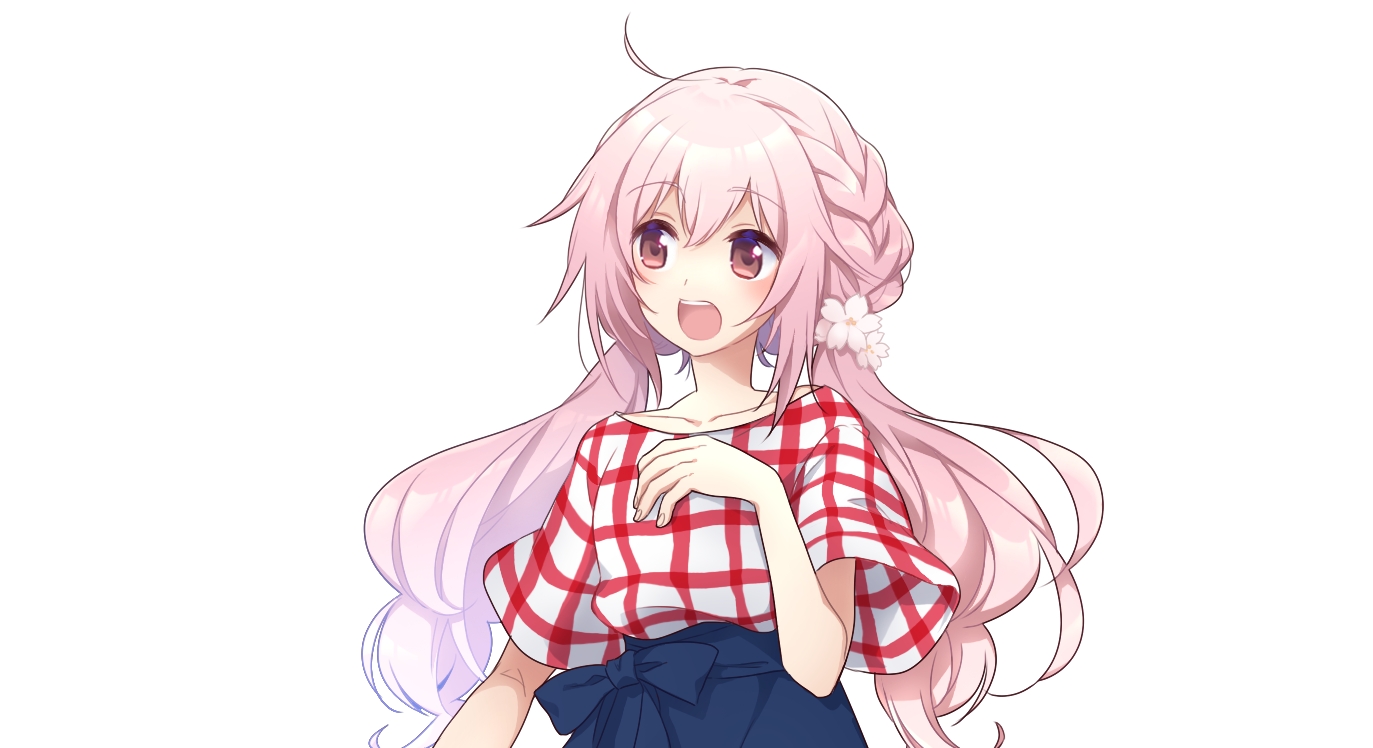
Explanation: A polite and formal way to say goodbye while expressing gratitude for someone’s help or support. It means “Thank you for your care,” “Thank you for your trouble,” or “I’m indebted to you.” You’d use this when saying goodbye to someone who has assisted you in some way.
まったねー♪(Mattane ♪)
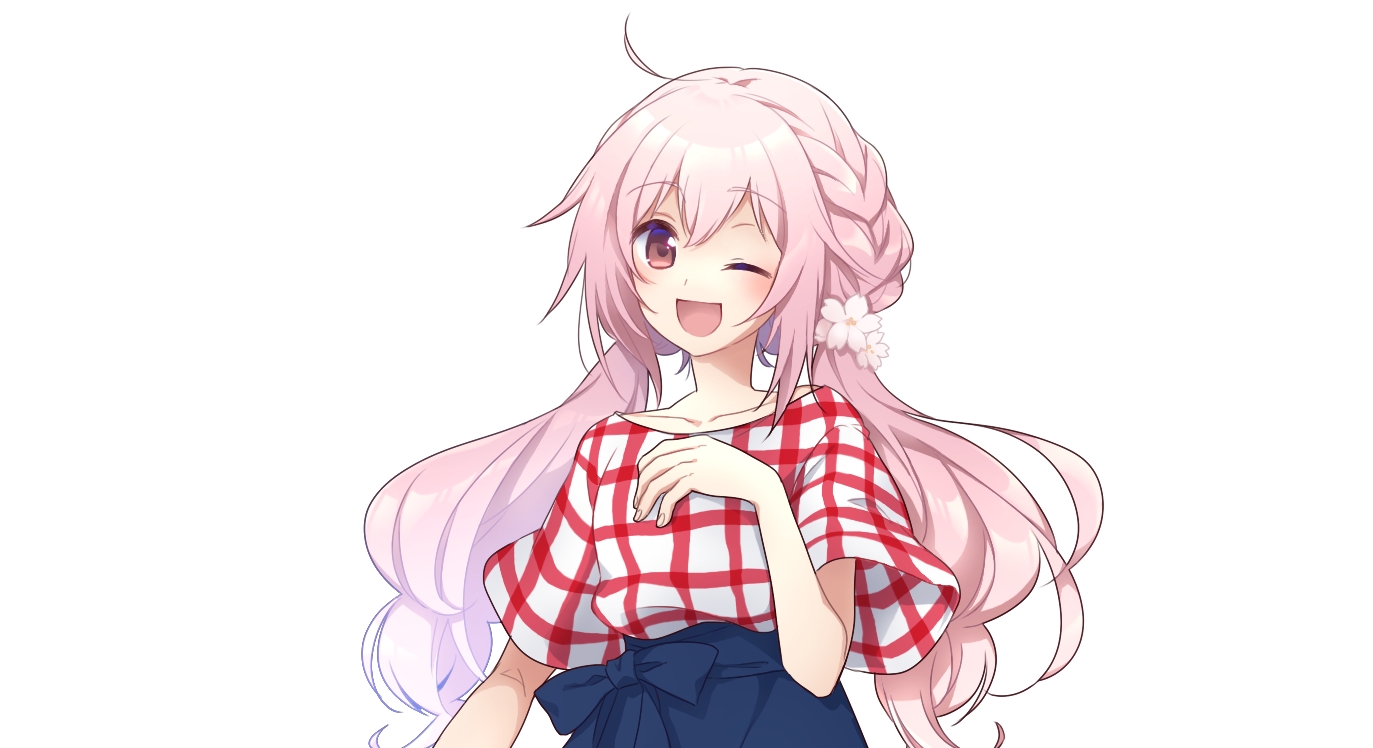
Explanation: A cute and cheerful variation of “またね!” (mata ne!). It means “See you later!” with a lighthearted and happy tone. It’s used when saying goodbye to friends or people you’re close to, emphasizing the joyful anticipation of meeting again.
じゃあね(Jaane)
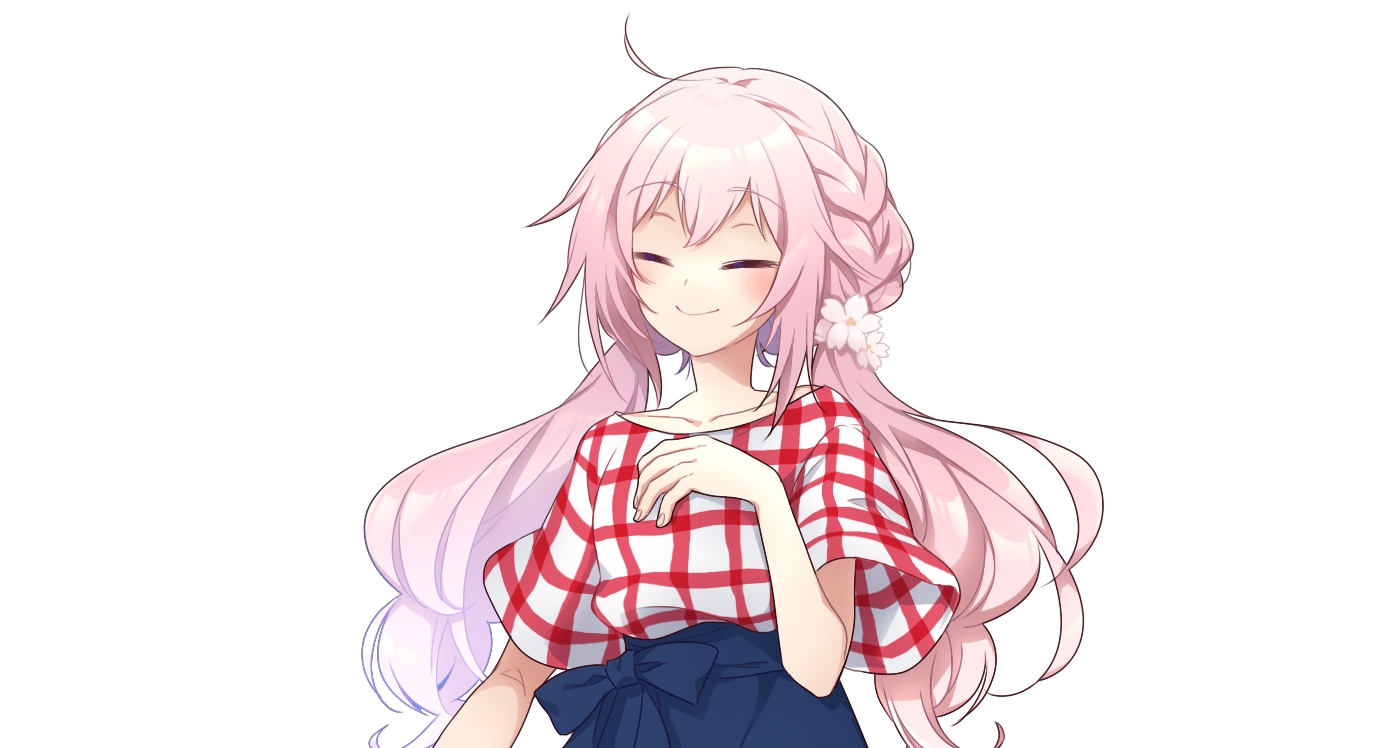
Explanation: A casual way of saying “Well then, see you!” or “Bye!” It’s used when saying goodbye to friends or people you know well, indicating a temporary parting.
元気でね!(Genki De Ne !)
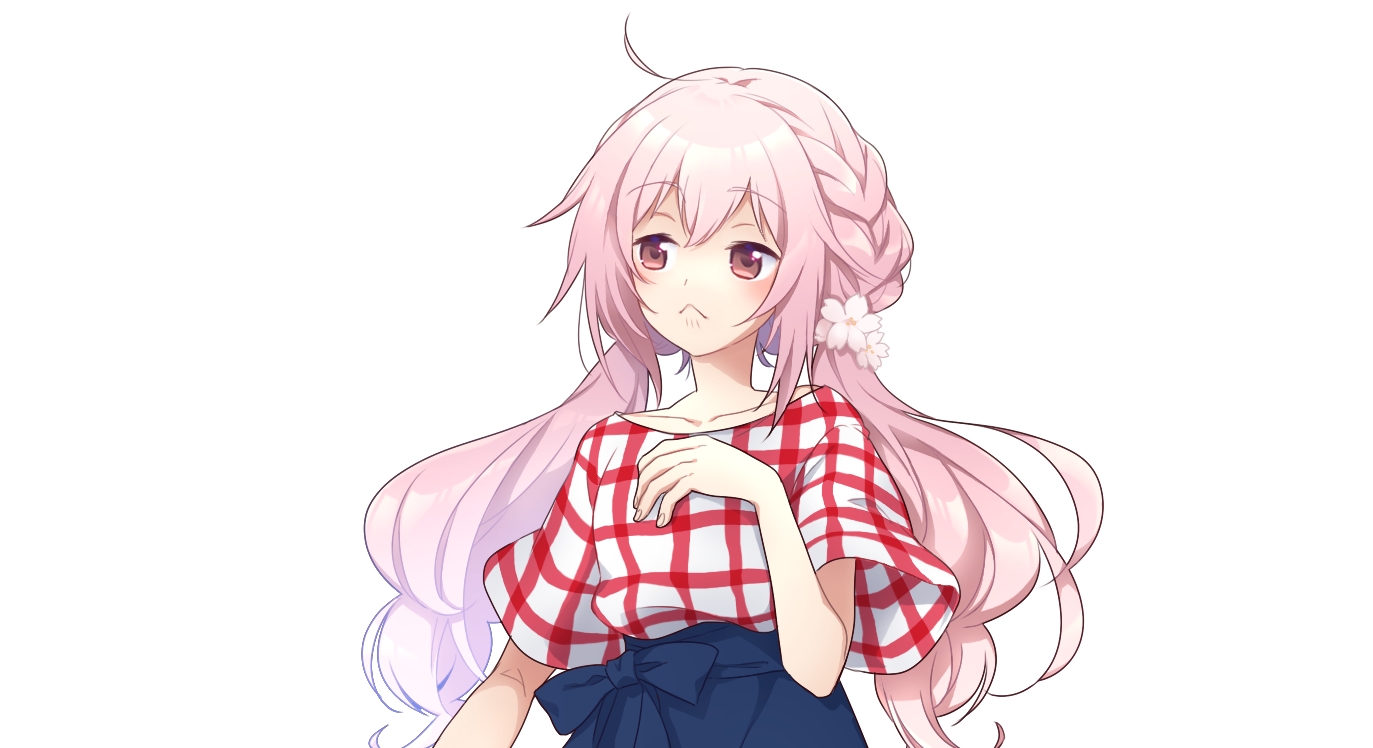
Explanation: Means “Take care!” or “Stay well!” It’s a farewell that includes a wish for someone’s health and well-being, often used when parting ways with someone for a longer period or permanently.
気をつけてね(Ki O Tsuke Te Ne)
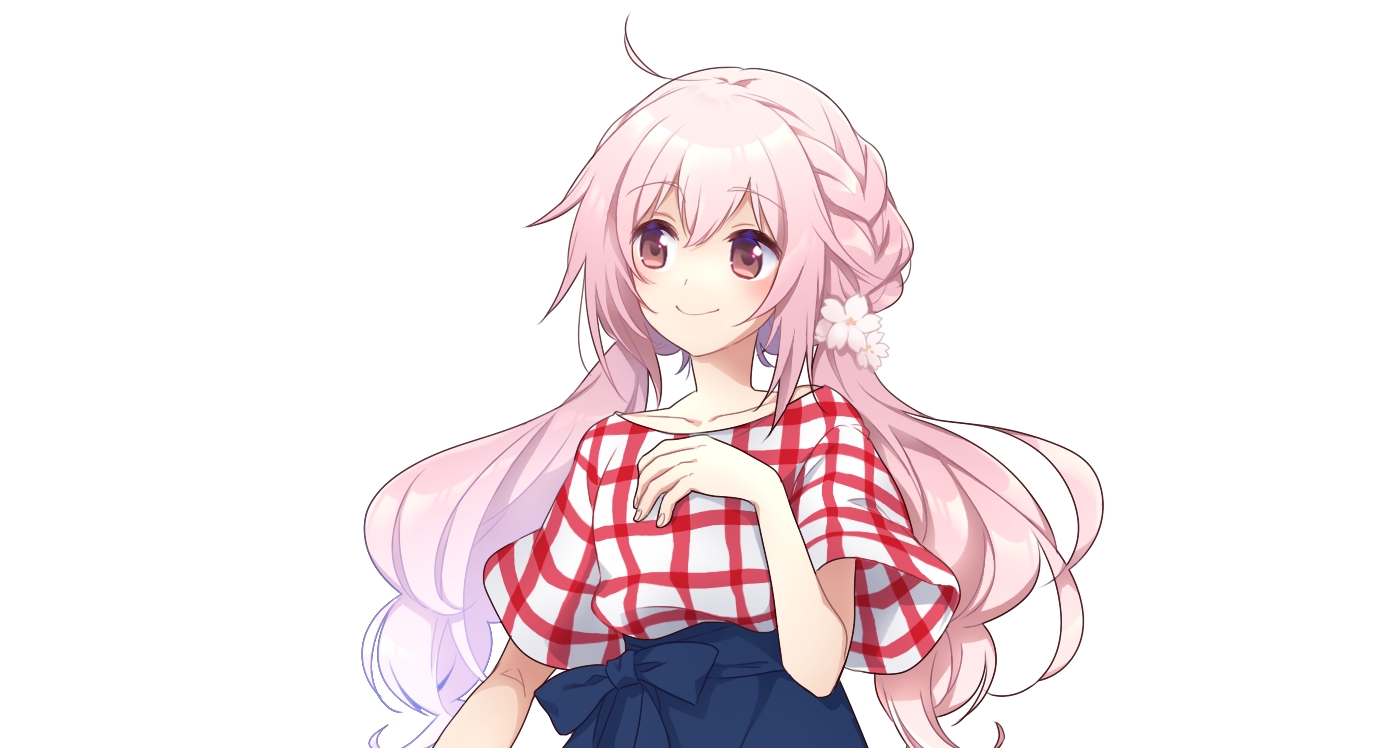
Explanation: Means “Be careful!” or “Take care!” It’s used when saying goodbye to someone who is traveling or going to a potentially dangerous place, expressing concern for their safety.
置いて行かないで!(Oi Te Ika Nai De !)
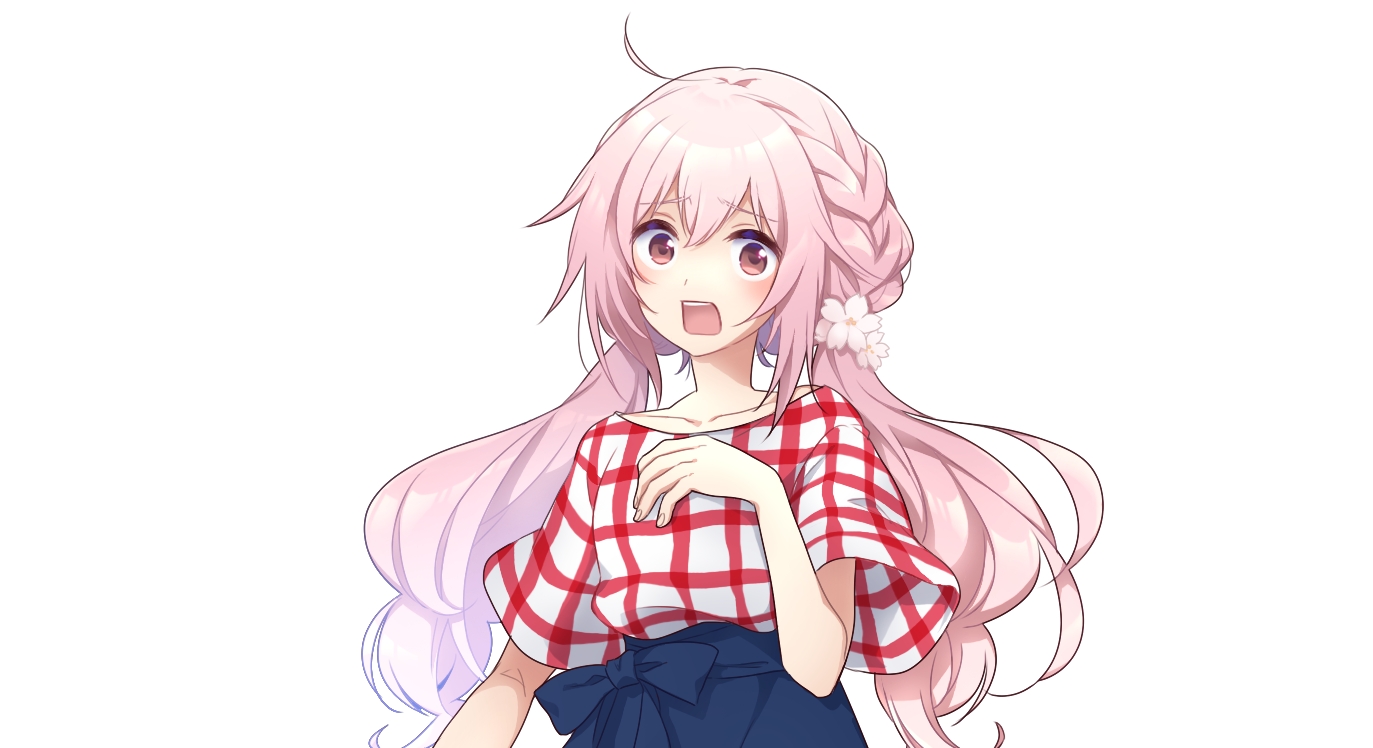
Explanation: Means “Don’t leave me behind!” It’s often said with a distressed or pleading tone, asking someone not to go without you. You often see this in anime when close characters are about to be separated, emphasizing their attachment.
待って!(Ma Te !)
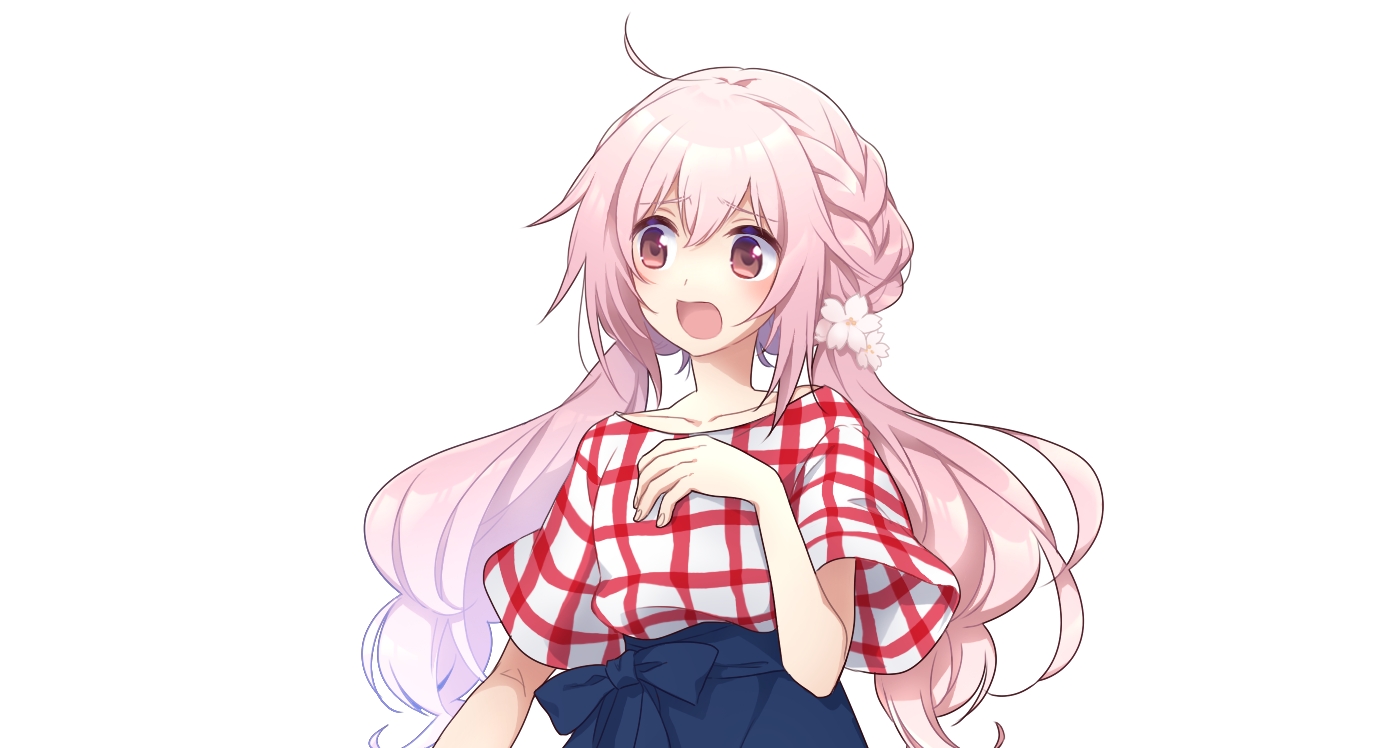
Explanation: Means “Wait!” It’s used when you want someone to stop or wait for you, often said with a sense of urgency or worry.
あなたが居ないと…私!(Anata Ga I Nai To … Watashi !)
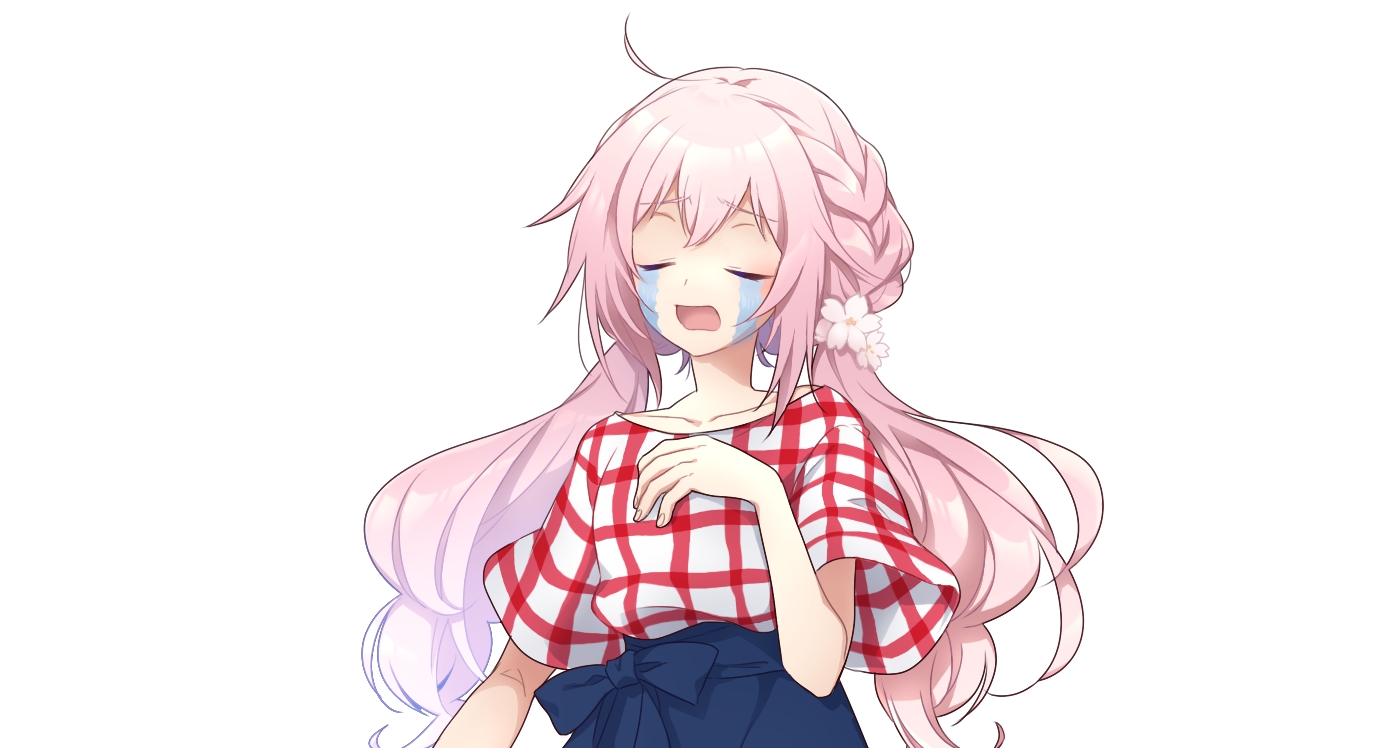
Explanation: Means “If you’re not here… me!” It’s a dramatic and sorrowful way of saying goodbye, implying that the speaker will be lost or devastated without the other person. You often see this in emotional farewell scenes, especially in romance anime.
Credit
Voice By 「あみたろの声素材工房(https://amitaro.net/)」
Character image material By「雪透ゆき(https://bowlroll.net/file/258843)」

